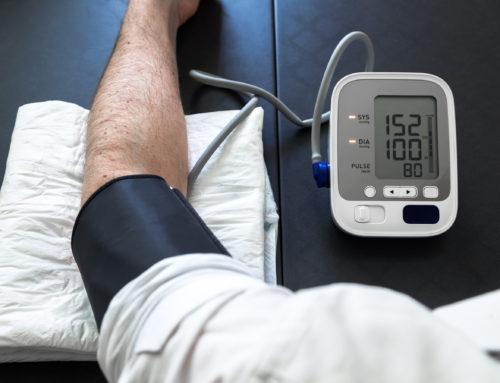Medical malpractice lawsuits are fairly common in the United States. According to the Medical Malpractice Center, there are about 19,000 suits filed against doctors and other health care providers each year. These lawsuits are a result of a health care provider to provide appropriate treatment or to take appropriate action. The negligence involved in these cases can be relevant to medication dosage, health management, diagnosis, treatment or aftercare. The law is intended to make it possible for patients with malpractice to recover compensation from any harm that results from sub-standard medical care. In a nutshell, medical malpractice occurs due to a medical error.
Examples of When Medical Malpractice Occurs
Medical negligence can occur in a variety of situations, including:
- Misdiagnosis or failure to diagnose
- Operating on the wrong part of the body
- Fatal infections acquired in a hospital
- Unnecessary surgery
- Bedsores
- Leaving things inside a patient’s body after surgery
- Failure to order appropriate tests
- Blood Thinners
- Incorrect dosage of medications
The Elements of Establishing Medical Negligence
In any medical negligence case, there are four legal elements that must be established by the injured party. It must be proven that the health care provider had a professional duty to the patient, there was a breach of that duty, harm was caused as a direct result of that breach and there were damages. Damages may entail medical costs, pain, and suffering, loss of income, disability or death. These are known as compensatory damages. There may also be punitive damages. Punitive damages are intended to punish the defendant if it is found that they are guilty of willful misconduct or malicious conduct. Keep in mind that dissatisfaction with the outcome of treatment does not qualify for a medical malpractice claim.
Prior to any trial, both party’s attorneys will share information through the discovery process. This typically includes interrogatories, medical documents, and depositions. The lawsuit can be settled out of court and prior to trial. If the case goes to trial, it is the jury or judge who will determine whether or not there was any negligence. If the plaintiff does not prevail in court, they can request a new trial.
So, how many plaintiffs prevail in medical malpractice cases? Statistics show that it’s not an easy windfall for plaintiffs. “According to government data, medical malpractice is the second-toughest type of tort case for plaintiffs to win at trial, with defendant physicians prevailing in 63.3 percent of verdicts. Most malpractice claims are heard in state court, and states vary widely in terms of verdicts for plaintiffs. Still, the majority of cases don’t even get that far. According to a 2006 Harvard School of Public Health report, 61 percent of medical malpractice suits are settled out of the courtroom. And many states have passed laws capping damages for pain and suffering at $250,000.”
If you’re going to pursue a medical malpractice suit, you’re going to need a good medical expert witness who is experienced. As a matter of fact, most states require one. This is the medical expert who will examine the material facts of the case, such as medical records and medical witness testimony. Plus, they prepare written statements and create visual aids to use in the courtroom. A medical expert witness plays an important role in whether or not you prevail in court. This is the professional who can attest to whether or not there was medical negligence. So, be sure to choose wisely.
If you’re filing a medical malpractice claim, turn to Dr. Edward Mallory as your medical expert witness.” Dr. Edward Mallory is a residency-trained, board-certified emergency medicine physician and medical expert witness. Although he is a practicing doctor in several hospitals, the primary function of his medical expert witness business is to provide his expertise in the courtroom in order to support his clients’ testimonies. He is hired by people who believe they have been a victim of medical malpractice. He gives written or oral testimonies and “expert opinions” and his interpretation or medical record review is crucial in cases of the law involving medicine.”




























